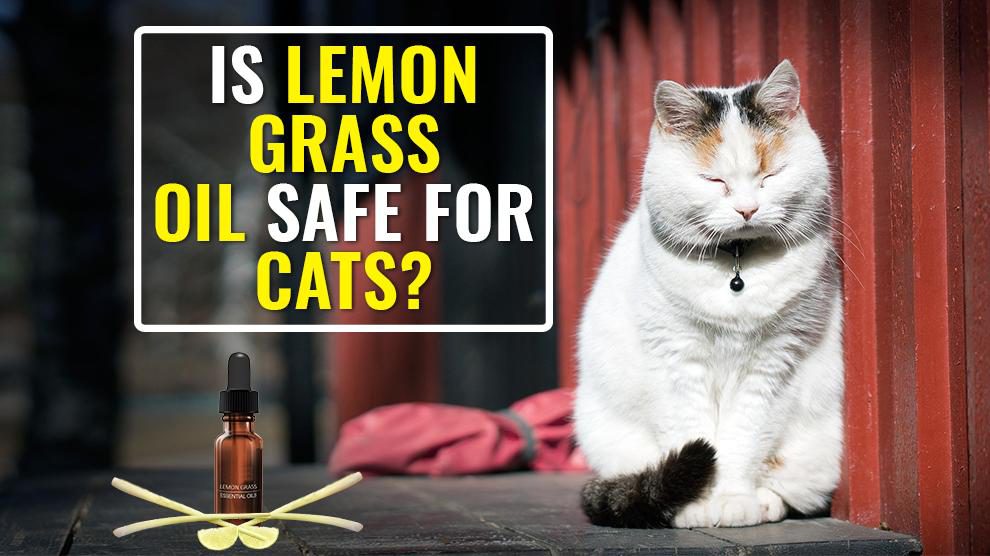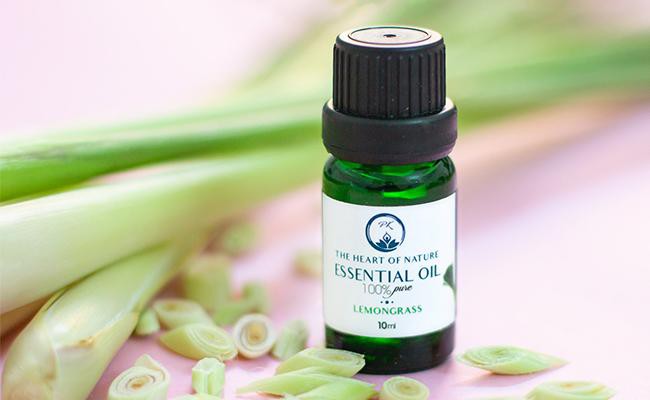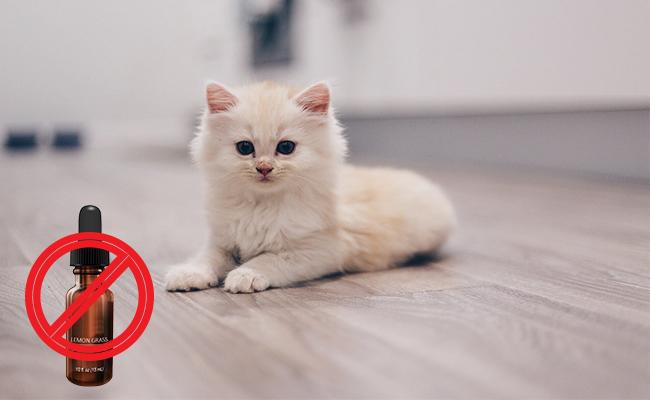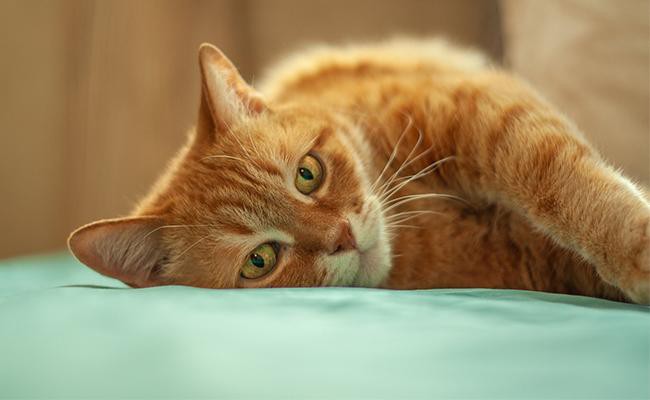Cat Pregnancy Calculator And Timeline
So, you started using one of the essential oils, and you can’t get over it, right?
Many people regularly use essential oils via diffuser for their own therapeutic or aromatherapy use. Few others apply essential oils directly onto their pets because they think it is a natural flea and tick repellent. But no one knows why cats seem to be keeping a safe distance and looking spookier than normal gaze.
It’s more likely that the cats do not like the smell of those essential oils! This leads us to the conflict of, “can we use essential oils around cats?”
There is also another distinct subject that seems to pop up pretty much in recent times. Most cats are irresistible to lemongrass plants and nibble them if they have access.
So “Is lemongrass essential oil safe for cats?”
Lemongrass has a similar catnip effect for some cats sending them into a euphoric state. Lemongrass essential oil, though, is a different story altogether.
Without harming your cat, you can diffuse lemongrass in your home in moderation. It seems to be very useful as a natural pest repellent in homes to ward off insects.
Lemongrass essential oil is highly concentrated, and it is toxic to cats if ingested.
Individual cats are different. Some may experience a more severe reaction to Lemongrass oil than another pet as cats have an uncanny knack for getting into things they shouldn’t.
So it’s our job as responsible pet owners to be careful about what’s dangerous for them and then keep it far away from their cute little noses.
What Is Lemongrass Essential Oil?
Lemongrass plants are perennial grasses in about 45 species of grasses native to tropical and subtropical parts of the world.
India is the largest lemongrass producer (producing over 2 million pounds per year), where it is cultivated along with the mountain range of the Western Ghats, Kerala, Sikkim, and Arunachal Pradesh.
The oil doesn’t look too dissimilar to regular grass. It is bright or greenish-yellow with a lemony scent.
It does, however, have a powerful aroma and taste. It’s commonly used in herbal teas to flavor dishes in its fresh, powdered, or dried format, such as soups, seafood dishes, poultry, and beef.
The bright citrus smell, which is the characteristic feature of the oil, makes it’s beneficial for insect repellents, scented soaps, and detergents.
The unique citrus flavor of lemongrass oil – Citral is a popular ingredient in cosmetics, beverages, and perfumes. It helps encourage a general sense of well-being and relaxation.
They are highly-regarded naturopathic medicine to ease pain, providing relief to sore muscles and joints, making it a popular option as an aromatherapy massage oil.
It is also becoming popular as a homeopathic remedy for sleeping disorders and eases digestive issues.
Why Is Lemongrass Essential Oil Toxic To Cats?
Cats have an extraordinary sense of smell than humans. Their nose is way more sensitive than the human nose. So, it’s unquestionably possible that the concentrated liquid’s fragrance may be pacifying and refreshing and may be desirable for your cat.
Not all essential oils are harmful to cats. Cats may tolerate some essential oils, and they may help cats fight some health issues. But, some oils affect cats with noticeable signs of toxicity. You may have to rush for the vet most of the time.
The reason is a cat’s liver functions very differently from ours when it comes to processing and detoxifying essential oils.
Researchers have identified the exploratory risk of increased toxicity due to essential oils than other mammals (such as humans. dogs etc.).
These essential oils are more dangerous to cats’ lies in the lack of critical liver enzymes that other mammals possess.
Cats lack an enzyme (UDP- UGT glucuronosyltransferase enzymes such as UGT2B7, UGT1A9, and UGT1A6) that in other animals helps to process and break down specific components such as phenols and Monoterpene Hydrocarbons found in these essential oils.
Lemongrass oil contains polyphenolic compounds that cats’ liver cannot break down.
Humans can tolerate these oils due to their liver having the facility to filter out the phenols; cats with a lesser tolerance and exposure to these oils should be as limited as possible.
Gradually, the Toxic build-up of these components happens and can eventually be fatal due to the concentrated nature of essential oils.
But don’t worry, if you’ve already used essential oils on/around your cat and if your cat looks comfortable without any symptoms of toxic build-up, they will likely be alright.
The thumb rule is about overall exposure. Also, the higher the concentration, the riskier the oil can be.
You can diffuse Lemongrass oils in your homes safely, so long as there’s adequate ventilation. There is no harm diffusing small amounts for limited periods, and when your cat has the liberty to leave the room if it wants.
A few PPMS of volatile organic compounds in the air is not likely to be detrimental, but be cautious to avoid the build-up of vapors over more extended periods.
We don’t advocate dousing your cat in large quantities of concentrated essential oils – ever.
Symptoms Of Essential Oil Poisoning In Cats
If you think your cat has been exposed to an unsafe side of lemongrass oil, you should take them to the vets right away.
Symptoms include:
- Pains and cramps during breathing
- Muscle tremors or spasms
- Uncontrollable secretion of saliva or drooling
- Shivering and shaking
- Inability to walk or ataxia
- Pawing at their face
- Redness around their eyes, mouth, or nose
If you want to use lemongrass oil or any essential oil, for that matter, in the vicinity of your pets, always consult with your veterinarian trained in animal aromatherapy or an experienced professional aromatherapist, no matter what type of cat breed you own.















